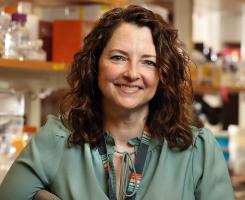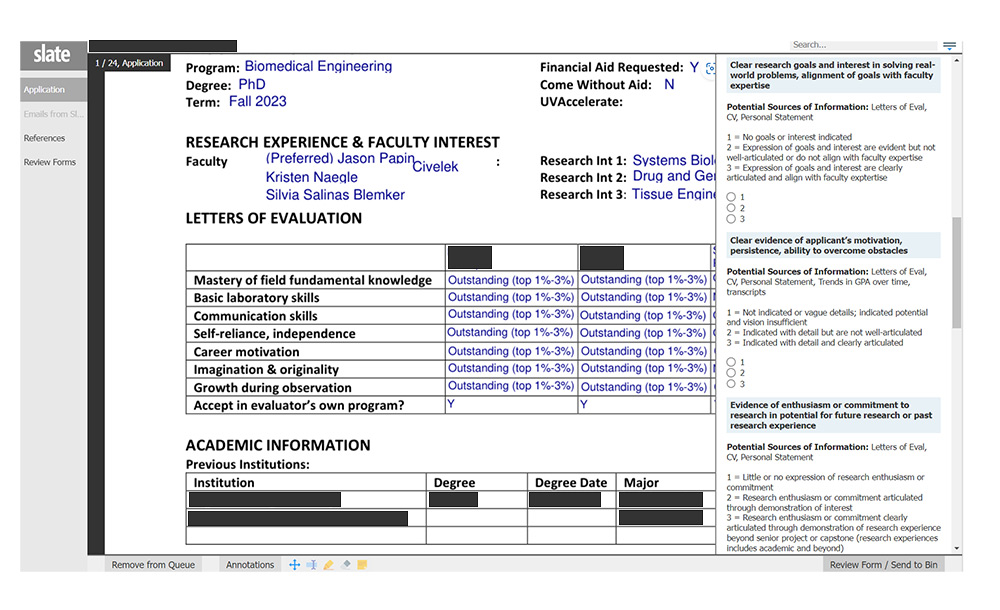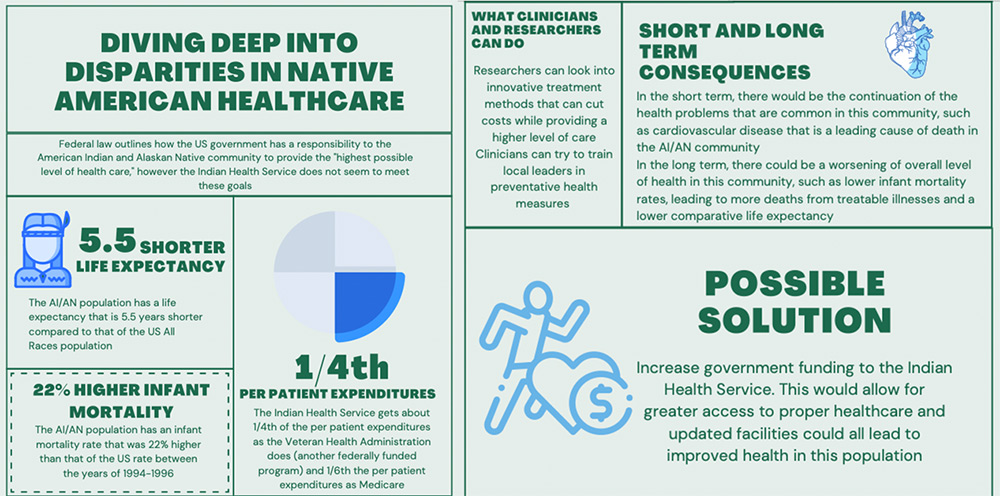
Large businesses and institutions are notorious for taking change slowly — maybe even more so if the institution has had more than two hundred birthdays.
But Shannon Barker, Ph.D., an associate professor of biomedical engineering in the University of Virginia’s School of Engineering and Applied Science, knows how to make things happen — especially when it comes to diversity, equity and inclusion in education.
Barker first joined UVA Engineering as the director of graduate programs and led the school's Ph.D. enrollment growth to the top in the United States, yielding significant increases in the size and diversity of the UVA Ph.D. student body. Her team’s work, including the implementation of a game-changing rubric to guide holistic Ph.D. admissions, won a Best Paper distinction at the 2021 American Society of Engineering Educators Annual Meeting.
“We used the latest literature to create a rubric that includes all the criteria for rating an applicant as an 'excellent' candidate," Barker explained. “The GRE score is not included on this list and GPA is at the very bottom.” Instead, other evidence-based indicators like self-efficacy, perseverance, motivation, a passion for research and prior research experience are included. The rubric has been built into UVA’s central application system for reviewing Ph.D. applicants in engineering.
“It’s wonderful when the faculty talk about how helpful it is to have a reminder of what they should be looking for so that they don't fall back on the way that they used to review applications,” Barker said.

Now, in her new role as the director of undergraduate programs for the department of biomedical engineering, Barker is once again leading change from the inside out. Consider how Barker, an award-winning professor who recently won two major university teaching awards, guides undergraduate students to consider the issue of health disparities, or the differences in health outcomes, between majority and minority populations. “These are complex problems, but they’re not just the responsibility of clinicians and politicians,” she said. “It’s biomedical engineers who make the drugs and the devices. If students graduate with an awareness of these issues, they will find the confidence to address them in whatever work that they do, wherever that happens to be.”
In her third-year physiology course, when organ systems and disease pathologies are introduced, students learn how treatment outcomes differ across populations. This can be based on racial minority, gender minority, sexual orientation minority or socioeconomic differences. Later, students do a deep dive into a specific healthcare disparity in an infographic assignment. They are asked to describe what populations are affected, what the short and long-term consequences are, and how the disparity might be addressed.
When Barker analyzed the impact of the assignment, 87% of students said they had learned about the extent of disparities that exist in medicine; 96% said they learned the importance of healthcare as a human right, and 91% said they understood the impact of a biomedical engineer’s work in health care. Eighty-three percent of students believed that the assignment would help them keep issues of equity in mind in their future careers.
“We presented our findings [at the annual meeting of the national Biomedical Engineering Society], and there was lot of interest in how this strategy could be applied in other courses and other areas, such as learning the value of diversity on teams, how empathy improves design and how equity and inclusion improve healthcare and the workplace,” she said.
This is exactly the approach that Barker is taking as she leads the department through the first overhaul of its bachelor of science degree curriculum in over a decade. “We aim to thread empathy, ethics and inclusivity into every core course of the curriculum,” said Barker. “It’s not just a course that you take once, then you don't have to think about it ever again. Instead, we wrap these elements into how we talk about and approach biomedical engineering so that is becomes part of the language by the time you graduate.”

Barker is also currently co-leading the BME department’s participation in a new initiative called the Driving Change Initiative with colleague Mete Civelek, an associate professor of biomedical engineering and the department’s director of diversity, equity and inclusion. The project is supported by a grant from the Howard Hughes Medical Institute, a nonprofit focused on research and philanthropy to advance science and education. The Driving Change Initiative seeks to enhance inclusivity in undergraduate STEM programs, particularly for students who belong to historically excluded groups.
UVA was one of a handful of universities who received this award, and the BME department, along with the department of Chemistry, was chosen by the Provost’s Office to pilot the initiative at UVA. As part of this effort, Barker and Civelek will lead the department through a data-driven self-study focused on academic and student metrics across various demographic groups and use this data to identify areas that need improvement.
“This initiative is powerful because it’s data-driven and comes with strong financial and resource support,” said Barker. “To be chosen to pilot the program says a lot about how ready we are as a department to make a difference.”